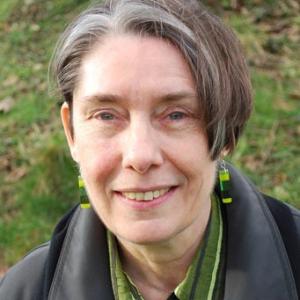What Knowers Know Well: Why Feminism Matters to Archaeology


Neglected questions about women, gender, and sexuality have been on the archaeological agenda since the late 1980s, and gender-inclusive archaeology has transformed what we know about the past. But some of its strongest advocates deny that they are engaged in feminist scholarship or in any way influenced by feminist politics. Professor Wylie questions their conviction that research is only credible if it is ‘value free’, and argues that the critical insights of a feminist standpoint are a crucial resource for empirical research, and not just in archaeology. Rather than a ‘view from nowhere’, she makes the case for rethinking ideals of objectivity in terms that counter epistemic injustice and mobilize the situated interests and experience of diverse knowers.
Alison Wylie is a Professor of Philosophy at the Universities of Washington (Seattle) and Durham (UK). Her focal interests as a philosopher of science are questions about how we know what we (think) we know, especially as these arise in archaeological practice and in feminist social science. In both contexts a flashpoint for internal debate has been a cluster of epistemic claims that many see as profoundly destabilizing: that what counts as evidence is inescapably an interpretive construct, and that social, and that contextual values play in all aspects of inquiry. Wylie argues that polarized reactions to constructionist and relativist challenges miss the point; we need to start with the messy realities of inquiry and consider how situated knowers do their best work. Taking up this challenge she asks: What counts as evidence? and, How are research communities enriched when they cultivate a diversity of experience, angles of vision, skills and insight? Her publications Thinking from Things (2002) and, with archaeologist Bob Chapman, Material Evidence (co-edited, 2015) and Evidential Reasoning in Archaeology (co-authored, 2016); articles on collaborative practice in archaeology (e.g., in Objectivity in Science 2015); and several recent papers on feminist standpoint theory, including the 2012 Presidential Address to the American Philosophical Association, “Feminist Philosophy of Science: Standpoint Matters.”
